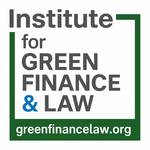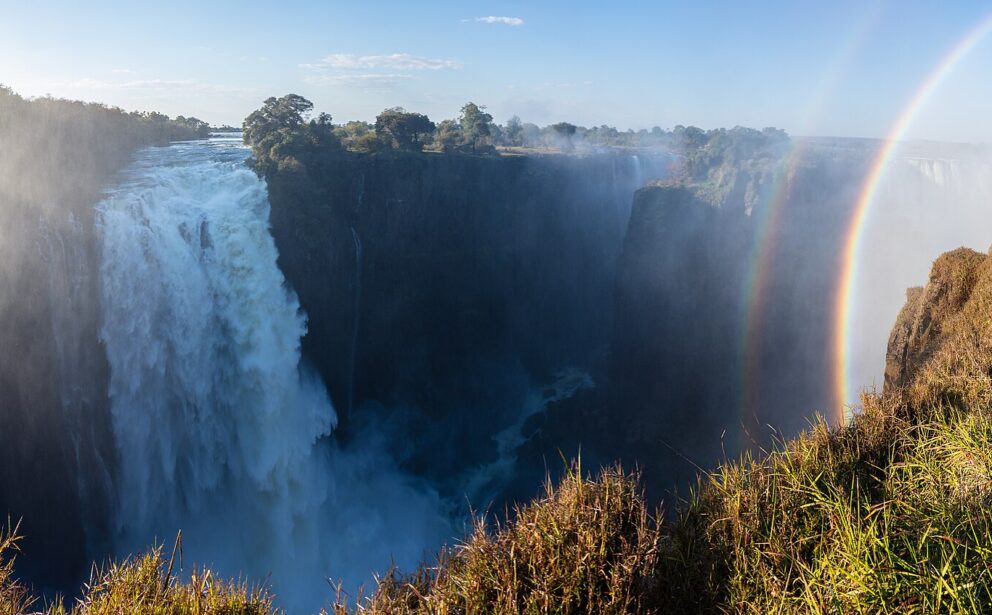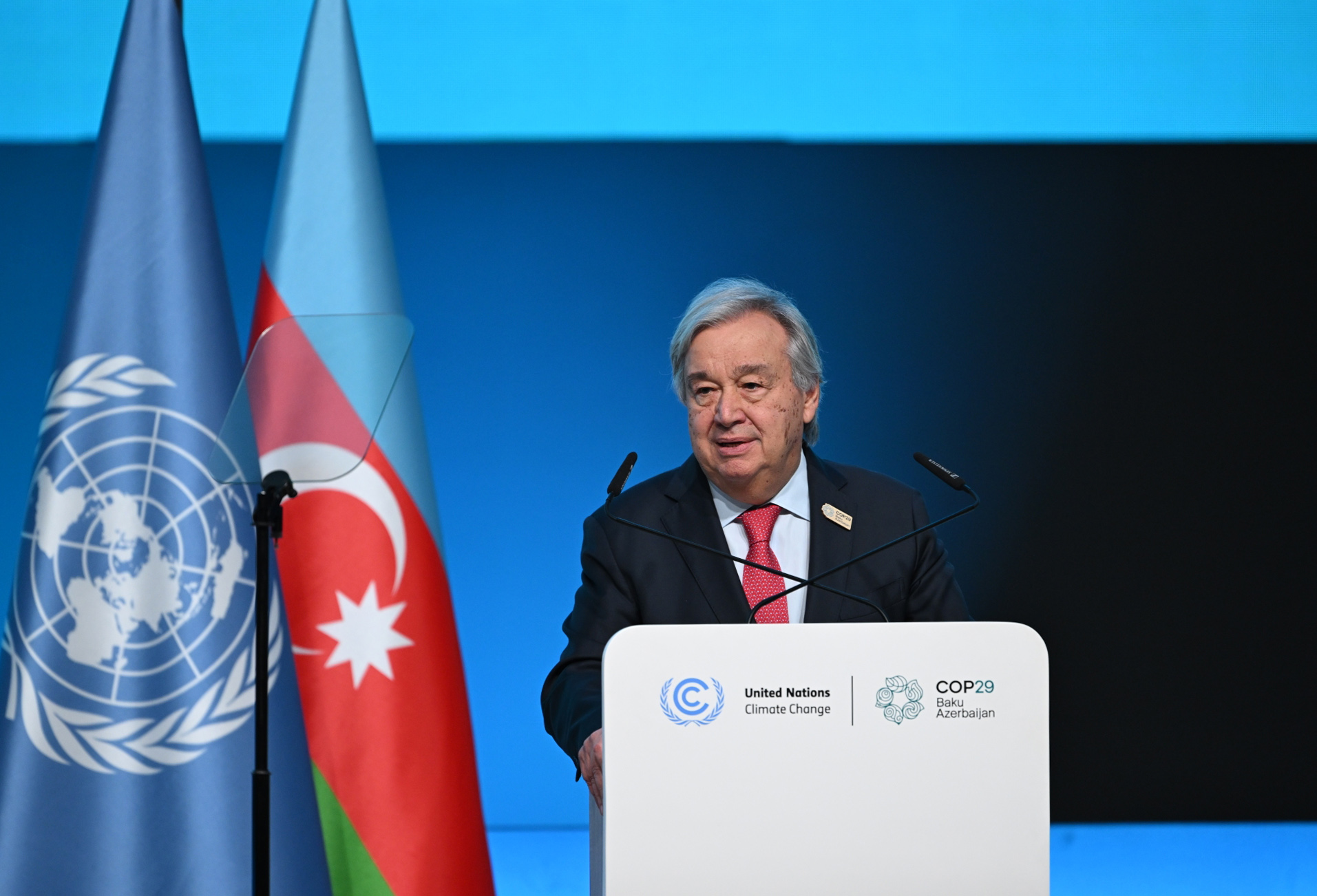As the world convenes for the 15th meeting of the Conference of the Contracting Parties (COP15) to the Ramsar Convention on Wetlands, in Victoria Falls, Zimbabwe, the Institute for Green Finance and Law (IGFL) sees a critical opportunity to integrate legal, financial, and policy frameworks to safeguard wetlands—arguably one of the most undervalued ecosystems in global climate discourse.
Wetlands: The Overlooked Climate Hero
Wetlands play a vital role in carbon sequestration, flood mitigation, biodiversity conservation, and livelihood protection—especially for Indigenous communities and rural populations. Despite this, they receive a fraction of global climate and conservation finance. According to the Ramsar Secretariat, we lose wetlands three times faster than forests. This is not only an ecological crisis but a financial one.
What IGFL Expects from Ramsar COP15
1. Mainstream Wetland Finance into Climate Policy
COP15 must push for wetlands to be recognized as key Nature-based Solutions (NbS) within national climate plans, including NDCs (Nationally Determined Contributions) and climate finance frameworks. Wetlands should no longer be treated as peripheral to climate finance, but central.
We want to see explicit alignment between Ramsar priorities and the climate finance agenda emerging from UNFCCC, GCF, and the Paris Agreement.
2. Establish Legal Pathways for Wetland Carbon Credits
There is untapped potential in blue carbon ecosystems—mangroves, peatlands, and salt marshes. IGFL urges Ramsar Parties to:
- Develop legal frameworks that enable verified wetland carbon credits
- Ensure local community ownership and benefit-sharing mechanisms
- Embed these instruments within national regulatory systems
3. Create a Global Wetlands Investment Framework
Inspired by the Global Biodiversity Framework Fund (GBFF) and Green Climate Fund, we call for the establishment of a Global Wetlands Investment Facility to:
- Mobilize private capital through risk guarantees and blended finance
- Support small-scale, locally-led conservation
- Fund legal capacity building for wetland governance
4. Promote Accountability and Governance
Strong wetland protection depends on:
- Legal recognition of traditional and Indigenous rights
- Transparent governance structures
- Enforcement mechanisms with financial backing
We encourage Ramsar COP15 to adopt guidelines for national wetland governance laws, inspired by existing frameworks like the Aarhus Convention (access to environmental justice) and the Escazú Agreement.
5. Champion Cross-Conventions Synergy
IGFL advocates for stronger alignment between Ramsar and:
- UNFCCC (climate change)
- CBD (biodiversity)
- UNCCD (desertification)
- Basel-Rotterdam-Stockholm Conventions (pollution)
This should include joint funding instruments and a shared legal-financial knowledge hub for ecosystem governance.
Conclusion: From Conservation to Transformation
Ramsar COP15 is a moment to redefine wetlands not only as ecosystems to be protected but as assets to be integrated into the legal and financial systems shaping our planet’s future. IGFL stands ready to collaborate with governments, civil society, communities, academia, and the private sector to translate this vision into law and capital flows.
Follow us at greenfinancelaw.org for more insights on aligning legal and financial systems with environmental resilience.




